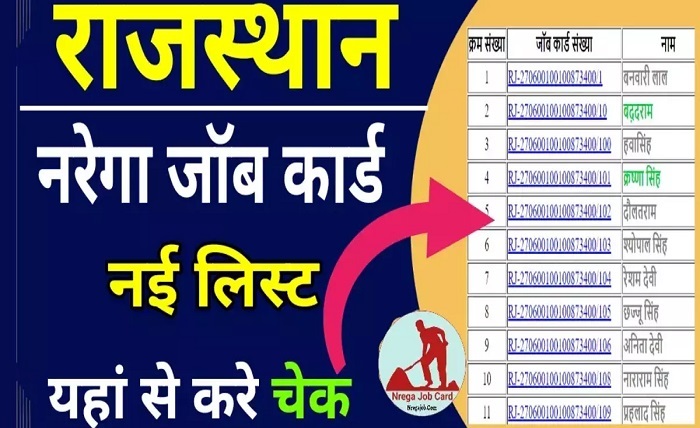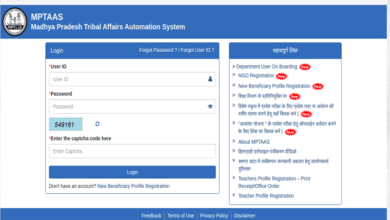NREGA Rajasthan: Empowering Rural Lives and Fueling Development

The Mahatma Gandhi National Rural Employment Guarantee Act (MGNREGA), implemented in Rajasthan since 2006, has emerged as a powerful tool for rural development and empowerment. This landmark legislation guarantees 100 days of unskilled manual work per year to every rural household, providing a crucial source of income and driving positive social and economic change in the state.
Key Statistics & Achievements of NREGA in Rajasthan:
- Job Card Issuance: Rajasthan boasts the highest number of issued job cards (114.74 lakhs) in the country, covering over 88.94 lakh active job cardholders.
- Employment Generation: In 2023-2024, NREGA has generated employment for 115.29 lakh rural households, significantly boosting income security and reducing poverty.
- Wage Payments: Over the past year, the state has disbursed a staggering INR 10,235.62 crores in wages to NREGA workers, underlining its commitment to fair and timely compensation.
- Asset Creation: NREGA has facilitated the creation of valuable rural infrastructure, including irrigation canals, roads, ponds, and water harvesting structures, transforming rural lives and boosting agricultural productivity.
- Women Participation: Rajasthan has consistently maintained a high women participation rate (61.32%) in NREGA works, empowering women and promoting gender equality.
Impact of NREGA on Rural Rajasthan:
The transformative impact of NREGA in Rajasthan is evident across various aspects of rural life:
- Improved Livelihoods: NREGA has provided a stable source of income for rural households, enhancing their purchasing power and contributing to poverty reduction.
- Increased Food Security: NREGA-driven water conservation initiatives have improved agricultural productivity, leading to increased food security and improved nutrition for rural communities.
- Enhanced Rural Infrastructure: The creation of vital infrastructure like roads, ponds, and irrigation canals has improved rural connectivity, access to water resources, and overall quality of life.
- Empowerment of Women: NREGA has empowered women by offering them employment opportunities and decision-making roles in local governance.
- Reduced Migration: NREGA has reduced the need for rural-urban migration by providing employment opportunities within villages, leading to stronger families and communities.
Challenges and Future Prospects:
Despite its success, NREGA faces certain challenges in Rajasthan, including:
- Wage Disbursement Delays: Occasional delays in wage payments can pose financial difficulties for rural families.
- Skill Development: Providing skill development opportunities for NREGA workers can enhance their employability and income potential.
- Transparency and Accountability: Ensuring transparency and accountability in project implementation is crucial to maximizing the program’s impact.
Despite these challenges, NREGA remains a cornerstone of rural development in Rajasthan. By addressing existing challenges and focusing on continuous improvement, the program can continue to empower rural communities, promote sustainable development, and contribute to a prosperous Rajasthan.
Key Takeaways:
NREGA has significantly transformed rural lives in Rajasthan, offering employment opportunities, enhancing income security, and driving development. Continued commitment and focus on improving the program’s effectiveness can further empower rural communities and ensure a brighter future for Rajasthan.
Conclusion: NREGA Rajasthan – An Engine of Rural Development
The Mahatma Gandhi National Rural Employment Guarantee Act (MGNREGA) has emerged as a powerful tool for rural development and empowerment in Rajasthan. By guaranteeing 100 days of unskilled manual work per year to every rural household, NREGA has provided a crucial source of income, reduced poverty, and spurred positive social and economic change across the state.





